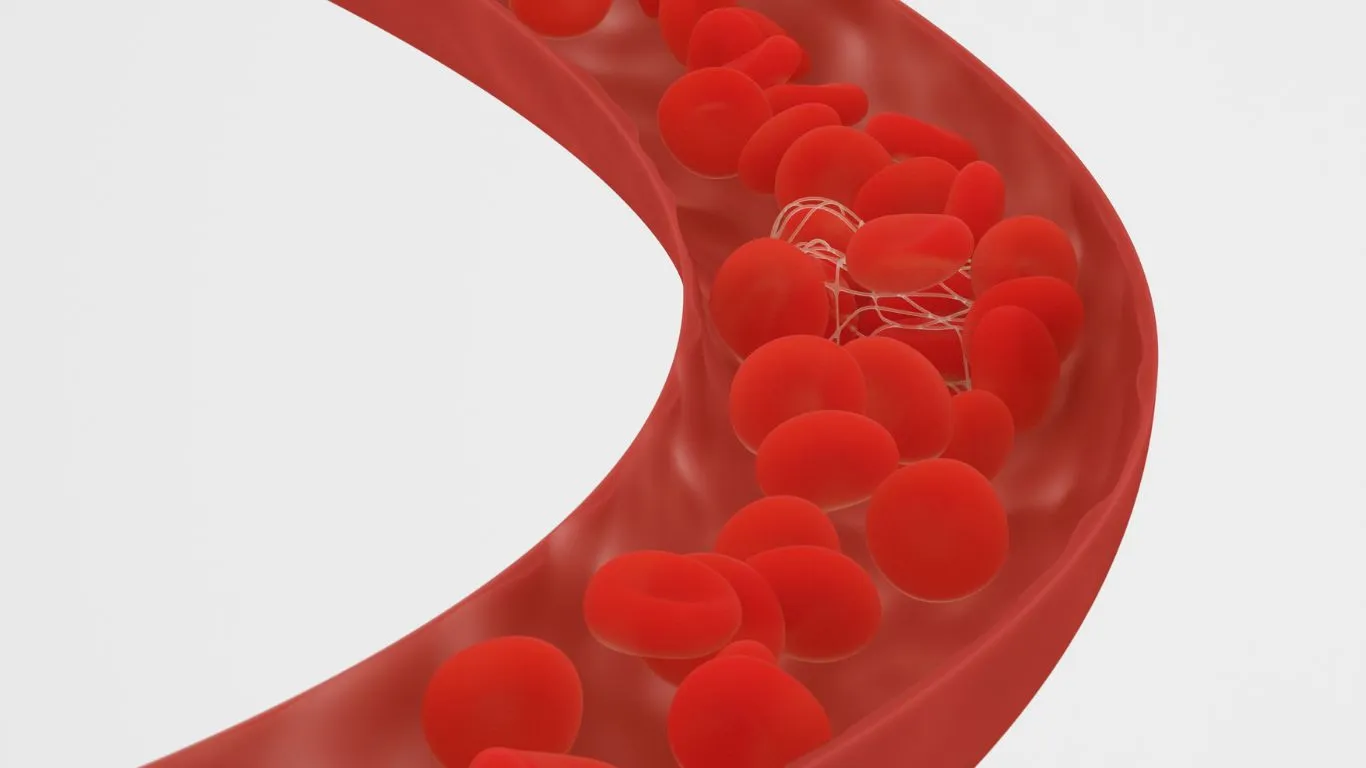
21 Sep Can blood clotting disorders be cured?
Blood clotting disorders occur due to the body’s inability to produce and manage blood clots, which can be hereditary or acquired later in life. Some wonder about the possibility of curing this condition and its treatment methods.
In answering the question of whether blood clotting disorders can be cured, Dr. Amir Malkawi, a vascular surgery consultant, will provide an overview of blood clotting disorders and their treatment methods in the following article.
Can blood clotting disorders be cured?
The answer depends on the type of blood clotting disorder because there are diseases that affect blood clotting and lead to blood clot fluidity and increased risk of bleeding, and diseases that lead to rapid formation of blood clots and increased risk of blood clots. Some blood clotting disorders are hereditary and cannot be cured, including those acquired or caused by health reasons and can be treated in most types of blood clotting disorders in this case.
Read more: Is there a treatment for diabetic foot without amputation?
Causes of blood clotting
As mentioned, blood clotting are divided into hypercoagulability (excessive clotting) or hypocoagulability (decreased ability to clot), detailed as follows:
Causes of hypercoagulability
That’s include:
- Some autoimmune diseases, such as lupus erythematosus.
- Certain types of cancer, such as brain, lung, or pancreatic cancer.
- Surgery and the need for prolonged bed rest or immobility.
- Deficiency of certain vitamins in the body, such as Vitamin B.
- Use of certain medications, such as those used in cancer treatment.
- Infection with certain types of infections.
Causes of hypocoagulability
Causes of hypocoagulability include:
- Hemophilia, where the individual suffers from reduced blood clotting and inability to form blood clots easily and quickly.
- Vitamin K deficiency.
- Some liver diseases.
- Some blood transfusion cases.
- Blood infections.
- Some types of cancer or cancer treatments.
- Severe injury.
- Some pregnancy complications.
Treatment of blood clotting disorders
The treatments for hypercoagulability (excessive clotting) differ from those for hypocoagulability (decreased ability to clot), and may include the following:
Treatment for hypercoagulability
Treatment for hypercoagulability depends on the underlying health issue causing it. Once this issue is treated, the blood clotting rate will return to normal after recovery from the illness. Medications that prevent blood clotting (anticoagulants) are prescribed, including:
- Aspirin
- Warfarin
- Heparin, available in intravenous or subcutaneous injection forms
- Fondaparinux, available as an injection
Treatment for hypocoagulability
The appropriate treatment in this case is chosen based on the underlying cause and the overall health of the affected person. Treatment options may include:
- Vitamin K supplements, as it is essential for blood clotting
- Anti-bleeding medications, such as birth control pills for women
- Antifibrinolytic drugs to reduce bleeding after surgery
- Desmopressin, which increases levels of certain substances that promote blood clotting in the body
- Immunosuppressive drugs for cases of hypocoagulability caused by autoimmune diseases
- Transfusion of clotting factors from a donor’s blood
My experience with blood clotting disorder
the patient (S.A), visited Dr. Amir Malkawi’s clinic after suffering a stroke. The doctor examined my condition and reassured me. He explained that the stroke occurred due to the formation of blood clots in the brain. He prescribed aspirin along with other medications to prevent excessive clot formation and reduce the risk of another stroke.
References:
[2] – https://www.nhlbi.nih.gov/health/clotting-disorders/causes
[4]-https://my.clevelandclinic.org/health/diseases/16788-blood-clotting-disorders-hypercoagulable-states
[5] – https://www.nhlbi.nih.gov/health/clotting-disorders/treatment
[6] – https://www.medicalnewstoday.com/articles/coagulation-disorders#treatment
[7] – https://www.cdc.gov/ncbddd/dvt/materials/cancer-and-blood-clots.html
